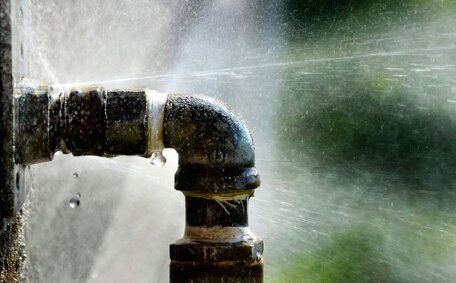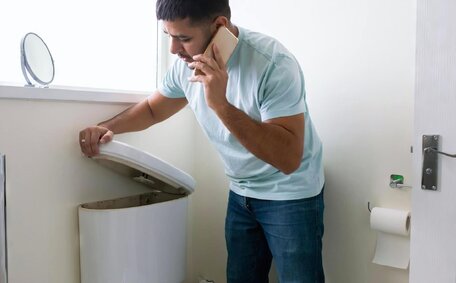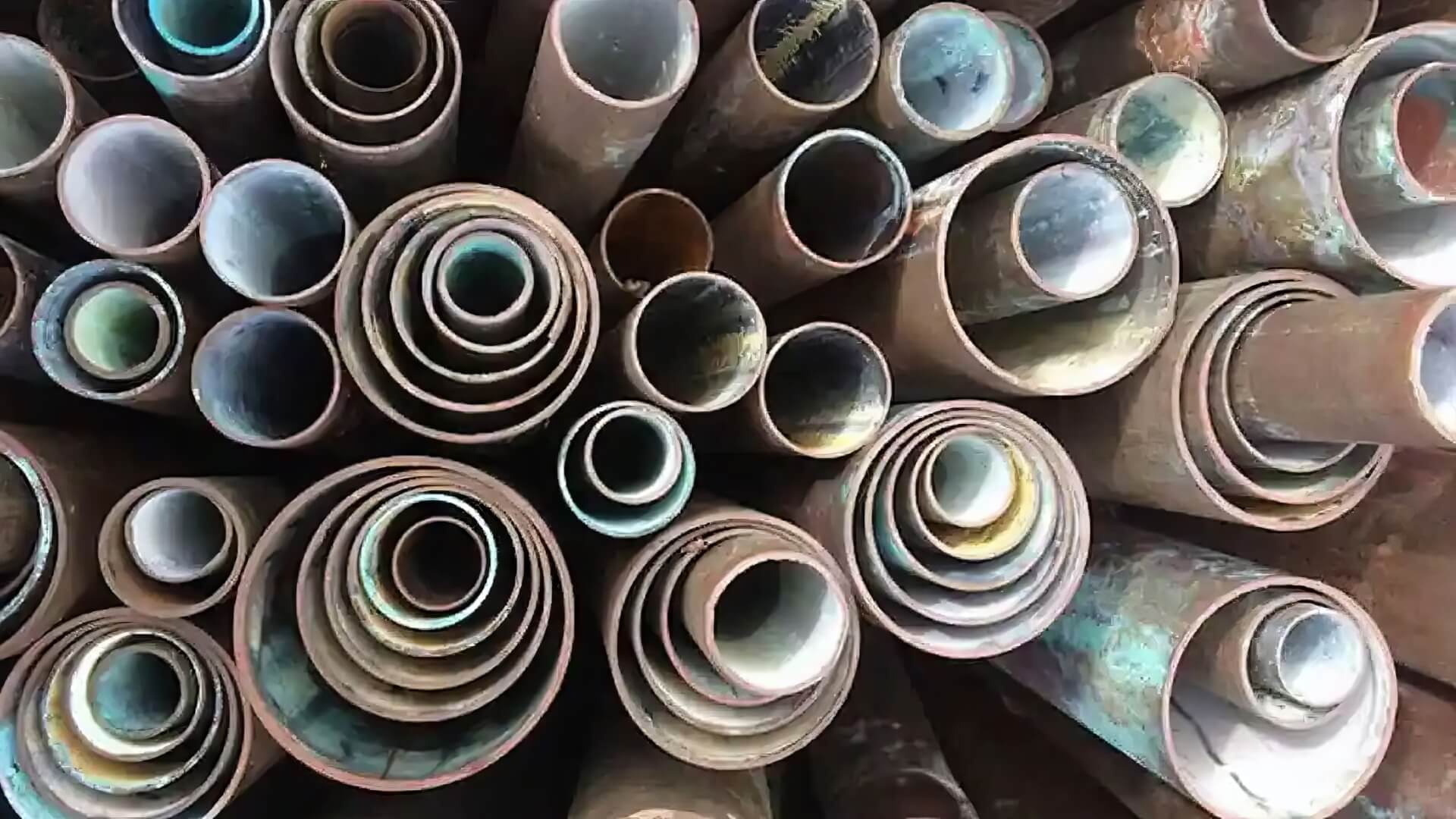
10 Signs Your Hot Water Heater Will Fail
If your water heater is old, leaking, rusty, noisy, not heating water properly or has low pressure, it could fail soon. Get your hot water system inspected today.
Read MoreHot water systems are essential in modern homes, providing the necessary hot water for daily activities such as bathing, laundry, and dishwashing. A dependable system is key to a comfortable lifestyle, simplifying routine tasks.
In Sydney’s Mortdale, hot water is a year-round necessity for hygiene and cleaning tasks. Choosing and maintaining the right water heater secures a constant supply.
Various systems, such as electric, gas, heat pump, solar, and tankless, offer different methods to heat water, each with unique components, operations, and efficiency levels. Knowing how your system works optimizes usage and informs maintenance decisions.
There are several types of hot water systems available for households:
Electric heaters warm water in an insulated tank via electric elements and are a prevalent choice in homes.
Gas water heaters use natural gas or LPG to heat the water stored in a tank. Gas systems efficiently heat larger volumes of water.
Heat pump water systems enhance energy efficiency by extracting heat from ambient air and transferring it to water in a storage tank.
Solar hot water systems utilise solar thermal collectors to preheat water with solar energy before it enters the storage tank.
Tankless or instantaneous water heaters provide hot water on demand by heating it as it flows through the unit, eliminating the need for a storage tank.
Electric hot water systems are a common choice in Australian homes. They consist of an insulated water heater tank and one or two electric heating elements. The operation of electric storage heaters includes:
Top-tank electric storage systems usually meet household needs but may not be as efficient or cost-effective as gas or solar alternatives.
Gas systems heat water using natural gas or LPG, featuring components like a storage tank, heat exchanger, gas valve, and thermostat. Here’s how they function:
Gas storage systems heat water very efficiently and ensure you never run out of hot water during peak times. They typically have lower operating costs than electric systems and can meet the demands of larger households.
Heat pump systems are environmentally friendly, align with water demand, and provide long-term cost savings. They work by using a heat pump to extract heat from the surrounding air, transferring it efficiently to the water in an insulated tank. Here’s an overview of how do they operate:
Heat pump systems can achieve over 300% efficiency as they transfer existing heat instead of generating new heat. These systems are more energy-efficient than traditional electric heaters, especially in Australia’s climate.
Solar hot water systems use solar energy to heat water, offering a sustainable choice that can significantly lower energy bills in sunny areas like Mortdale.
These systems consist of solar thermal collectors, often mounted on the roof facing north to capture optimal sunlight. On sunny days, the panels absorb heat from sunlight. This is transferred to water circulating through the collectors, preheating it before entering the tank where it’s stored.
Most solar hot water systems have an electric or gas booster as a backup heat source for sunless days. This ensures you still get hot water even in cloudy weather.
Check out our range of solar hot water options in Mortdale homes with good solar access to save money and energy over time with a system tailored for the local climate.
Tankless systems provide instant hot water by heating it on demand, foregoing the need for storage. As soon as a hot tap is turned on, cold water travels through a heat exchanger and is rapidly heated by a gas burner or electric elements before flowing from the faucet.
Without a water tank, tankless systems provide a continuous flow of hot water. Their efficiency comes from only heating water as needed, ensuring a constant hot water supply. Further advantages include increased heating efficiency:
However, tankless models usually cost more initially and might have limited flow rates if multiple taps are used simultaneously. Regular maintenance like descaling is also required.
Tankless units are ideal for smaller households in Mortdale with minimal hot water needs. Their efficiency translates into an exceptional hot water service, maximising energy savings when heating water volumes are low to moderate.
Consider household size and water use habits when choosing a hot water system in Mortdale. Families with higher water consumption, such as frequent showering, may opt for gas, electric storage, or heat pump systems to manage the demand.
Smaller households of up to two people may benefit from a tankless model’s energy efficiency. These systems can also provide hot water on demand without wasting energy on heating stored water you aren’t using.
Also factor in your budget, both upfront and ongoing costs. Electric storage or tankless heaters involve lower initial purchase prices. But operational expenses over a lifetime show that a hot water system can be more affordable than gas.
Solar hot water can generate substantial savings in Mortdale’s climate but involves a bigger upfront investment. Heat pumps are also more energy efficient, costing more initially than electric or gas but having lower environmental impact and running costs long-term.
The team at Mortdale Plumbing have installed and maintained all types of hot water systems locally for over 10 years. For tailored advice on choosing the most suitable and efficient hot water system for your home, email us or call 1300 349 338.
Properly maintaining your main water system is essential to never run out hot, ensuring efficiency, performance, and longevity. Here are some key maintenance tips from the expert team at Mortdale Plumbing:
Do a visual inspection of all components like valves, pipes, and the tank exterior. Look for leaks, damage, or signs of corrosion. Check that insulation is intact.
Sediment buildup reduces efficiency. Drain and flush tanks annually in areas with hard water. Carefully follow manufacturer instructions.
Make sure this safety valve still functions properly by operating the test lever. Do this every 6 months.
Anode rods protect the inside of tanks from corrosion. Replace these every 5 years or so. Check and replace in-line filters if fitted.
Ensure hot water pipes are properly insulated to maximise efficiency. This reduces standby heat loss.
If the water temperature is too cool or very hot, adjust the thermostat accordingly. Settings around 60°C are typical.
In hard water areas, scale buildup reduces effectiveness. Have gas system heat exchangers descaled every 3-5 years.
For assistance maintaining your hot water system, contact the friendly team at Mortdale Plumbing today.
If your water heater is old, leaking, rusty, noisy, not heating water properly or has low pressure, it could fail soon. Get your hot water system inspected today.
Read MoreIf you have plumbing fixtures that are over 10 years old or showing signs of wear like leaks and cracks, it’s important to replace them to prevent more costly water damage in the future. Replacing worn fixtures improves water efficiency.
Read MorePipe relining is a trenchless method that renews pipes from the inside out. It involves draining, drying and scrubbing the pipe interiors before applying materials like silicone, PMMA or epoxy resins to create a resilient, soft, temporary liner inside the existing pipes.
Read MoreMortdale, 2223 NSW
We will call back as soon as possible.




